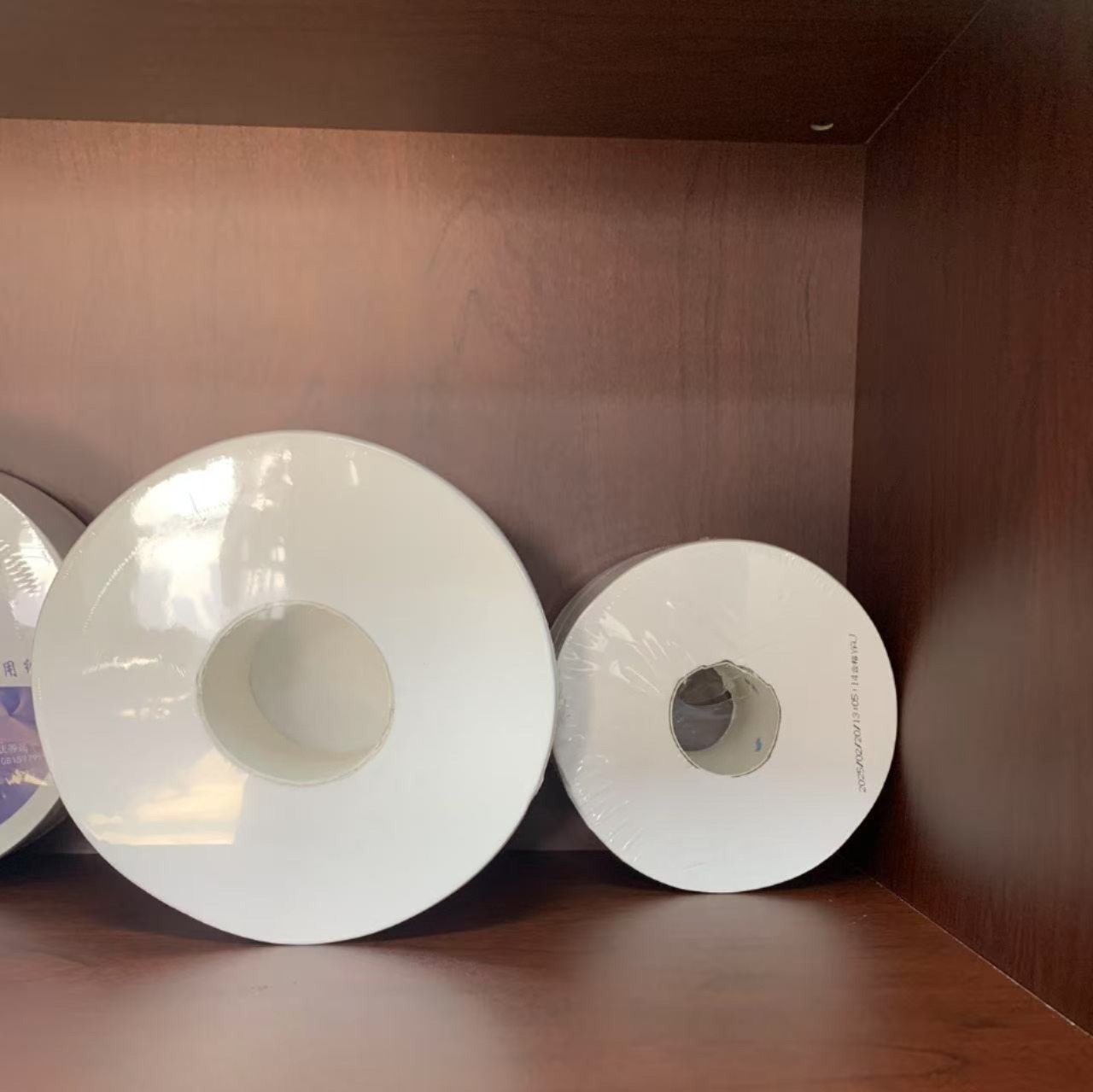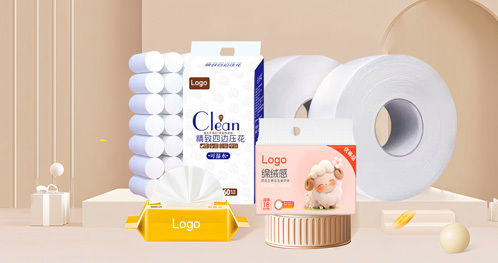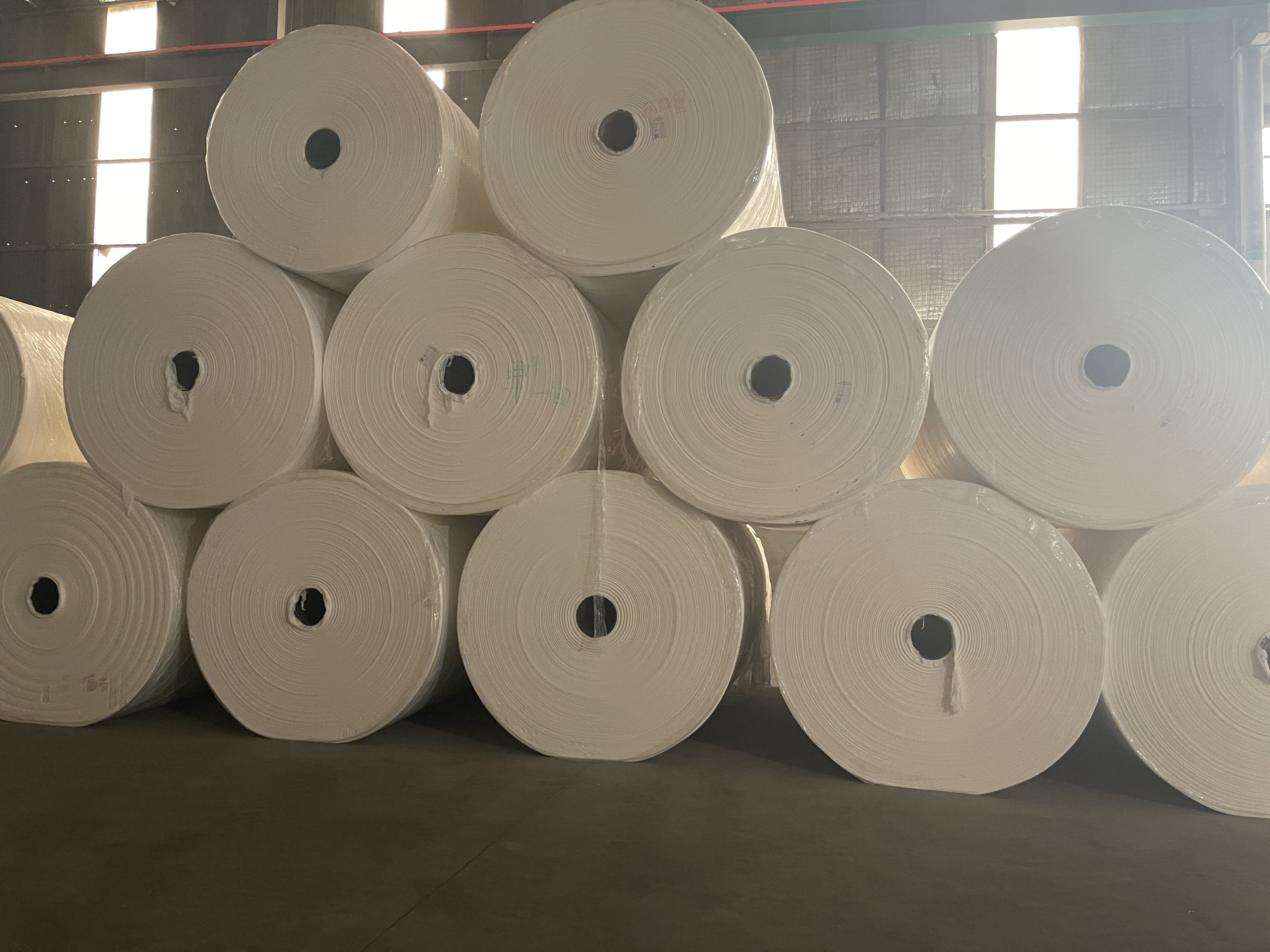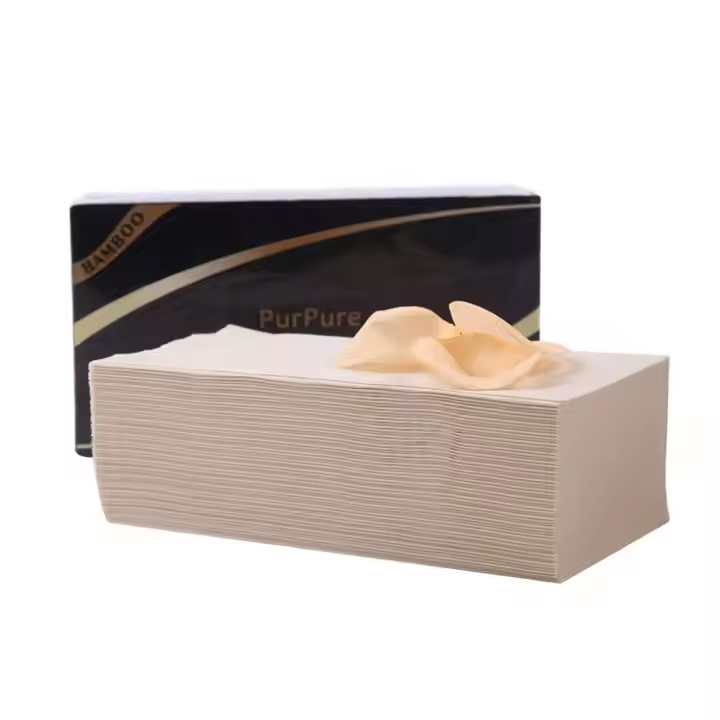Baoding Jinqianhui Trading Co., LTD. - Manufacturer of sanitary Paper
Why Bamboo Pulp Parent Rolls Are the Future of Sustainable Hygiene Products
Oct 09,2025

Why Bamboo Pulp Parent Rolls Are the Future of Sustainable Hygiene Products
Introduction to Sustainable Hygiene Products
The demand for sustainable hygiene products is on the rise, fueled by growing environmental awareness among consumers. As individuals and businesses alike strive to reduce their ecological footprint, bamboo pulp parent rolls have emerged as a leading solution in the hygiene industry. This article delves into the myriad benefits of bamboo pulp, its production processes, and the reasons it is considered a game-changer for personal care products.
The Environmental Impact of Traditional Hygiene Products
Traditional hygiene products, primarily made from virgin wood pulp, contribute significantly to deforestation and pollution. The production of toilet paper, paper towels, and facial tissues often involves harmful chemicals and excessive water usage. Consequently, a shift towards eco-friendly alternatives is critical. Bamboo pulp parent rolls offer a sustainable choice that addresses these pressing issues.
What Are Bamboo Pulp Parent Rolls?
Bamboo pulp parent rolls refer to large rolls of paper made from processed bamboo fibers. These rolls serve as the raw material for various hygiene products, including toilet paper, paper towels, and napkins. Unlike conventional pulp sources, bamboo grows rapidly and can be harvested in three to five years, making it a renewable resource that helps mitigate deforestation.
The Benefits of Bamboo as a Raw Material
Bamboo is not just a fast-growing plant; it boasts several inherent properties that make it ideal for hygiene products:
1. Rapid Growth and Renewability
Bamboo can grow up to 35 inches in a single day, making it one of the fastest-growing plants on Earth. Its ability to regenerate quickly means that it can be harvested without causing long-term damage to the ecosystem.
2. Low Environmental Footprint
The cultivation of bamboo requires minimal pesticides and fertilizers, reducing the chemical load on the environment. Additionally, bamboo absorbs more carbon dioxide and releases more oxygen than many other plants, playing a crucial role in combating climate change.
3. Biodegradability
Bamboo pulp products are fully biodegradable, meaning they will break down naturally without harming the environment. This feature is particularly beneficial in waste management, as it reduces landfill contributions.
4. Antimicrobial Properties
Bamboo has natural antimicrobial properties, making it a safe choice for hygiene products. Products made from bamboo pulp can help minimize the risk of bacteria and germs, providing an added layer of health benefits.
The Production Process of Bamboo Pulp Parent Rolls
Understanding the journey from bamboo plant to parent roll is essential to appreciate the sustainability of bamboo pulp products. The production process encompasses several stages:
1. Harvesting Bamboo
Once the bamboo reaches maturity, it is harvested sustainably. Harvesting involves cutting the bamboo stalks at the base while leaving the roots intact, ensuring continuous growth.
2. Processing the Bamboo
After harvesting, the bamboo stalks undergo a cleaning process to remove dirt and impurities. They are then chipped into small pieces for easier processing. The bamboo chips are cooked in a chemical solution to break down the fibers.
3. Pulping and Bleaching
The cooked bamboo chips are transformed into pulp. Unlike traditional wood pulp, bamboo pulp is often bleached using environmentally friendly methods, reducing the harmful impact on water systems.
4. Sheet Formation and Drying
The bamboo pulp is spread onto large screens to form sheets. Afterward, the sheets are dried and rolled into parent rolls, ready for conversion into final products.
Applications of Bamboo Pulp Parent Rolls in Hygiene Products
Bamboo pulp parent rolls can be utilized in various hygiene products, catering to different needs and preferences. Here are some common applications:
1. Toilet Paper
Bamboo toilet paper is soft, strong, and biodegradable. It offers a luxurious feel while being gentle on the environment, making it a popular choice among eco-conscious consumers.
2. Paper Towels
Bamboo paper towels are highly absorbent and durable. They provide an effective cleaning solution without sacrificing sustainability.
3. Facial Tissues
Bamboo facial tissues are hypoallergenic and suitable for sensitive skin. Their natural properties help maintain skin health while minimizing environmental impact.
4. Napkins
Bamboo napkins are perfect for both everyday use and special occasions. They add elegance to dining experiences while promoting sustainability.
The Market Demand for Sustainable Hygiene Products
As consumers become increasingly conscious of their purchasing decisions, the demand for sustainable hygiene products continues to rise. Factors driving this trend include:
1. Consumer Awareness
Educational initiatives and media coverage have heightened awareness regarding environmental issues associated with traditional hygiene products. Consumers are actively seeking alternatives that align with their values.
2. Ethical Consumerism
Many individuals are willing to pay a premium for products that are ethically sourced and environmentally friendly. Companies that prioritize sustainability are likely to gain a loyal customer base.
3. Corporate Responsibility
Brands are recognizing the importance of sustainability in their business practices. By investing in bamboo pulp products, companies can enhance their reputation and appeal to eco-conscious consumers.
Challenges Facing the Bamboo Pulp Industry
While bamboo pulp parent rolls hold immense potential, the industry faces certain challenges that need to be addressed:
1. Supply Chain Management
Ensuring a consistent supply of high-quality bamboo can be challenging. Sustainable farming practices must be adopted to prevent overharvesting and maintain ecological balance.
2. Consumer Education
Many consumers remain unaware of the benefits of bamboo pulp products. Effective marketing campaigns and educational initiatives are needed to bridge this knowledge gap.
3. Competition from Traditional Products
The established market for traditional hygiene products poses a challenge for bamboo pulp alternatives. To compete effectively, bamboo products must demonstrate superior quality and affordability.
Future Prospects of Bamboo Pulp Parent Rolls
The future of bamboo pulp parent rolls in the hygiene products industry looks promising. With ongoing advancements in technology and production methods, the potential for growth is significant. Here are some key prospects:
1. Innovation in Product Development
As consumer preferences evolve, there is room for innovation in product development. Brands can explore new applications for bamboo pulp, including personal care items and eco-friendly packaging solutions.
2. Expansion into New Markets
The global push for sustainability opens doors for bamboo pulp products to enter emerging markets. Increased awareness and demand in these regions can drive growth.
3. Collaboration with Sustainable Brands
Partnering with companies that prioritize sustainability can enhance visibility and credibility for bamboo pulp products. Collaborations can lead to innovative solutions and shared resources.
FAQs about Bamboo Pulp Parent Rolls
1. What are bamboo pulp parent rolls made of?
Bamboo pulp parent rolls are made from processed bamboo fibers, which are harvested, cleaned, and transformed into pulp before being formed into large rolls.
2. Are bamboo-based hygiene products biodegradable?
Yes, bamboo-based hygiene products are fully biodegradable and break down naturally, making them an environmentally friendly choice.
3. How does bamboo compare to traditional wood pulp?
Bamboo grows significantly faster than traditional wood sources and requires fewer resources to produce. Additionally, bamboo has natural antimicrobial properties, enhancing its safety for hygiene applications.
4. Where can I buy bamboo pulp hygiene products?
Bamboo pulp hygiene products can be found in various retail stores, health food shops, and online platforms that specialize in eco-friendly products.
5. Why should I choose bamboo products over traditional options?
Choosing bamboo products supports sustainable practices, reduces environmental impact, and offers high-quality alternatives that are gentle on your health and the planet.
Conclusion
In conclusion, bamboo pulp parent rolls represent the future of sustainable hygiene products. With their rapid growth, minimal environmental impact, and numerous health benefits, bamboo is poised to transform the hygiene industry. As consumers increasingly prioritize sustainability in their purchasing decisions, embracing bamboo pulp products can lead to a greener, healthier future for all. By investing in these innovative solutions, we can collectively contribute to a cleaner planet and more sustainable living.
TAG:
Contact Us
E-mail :
info@jqhpaper.com
WhatsApp/Phone:
+86 17332271275
Address:
Huibo Shanggu Pass, Baoding City,China






